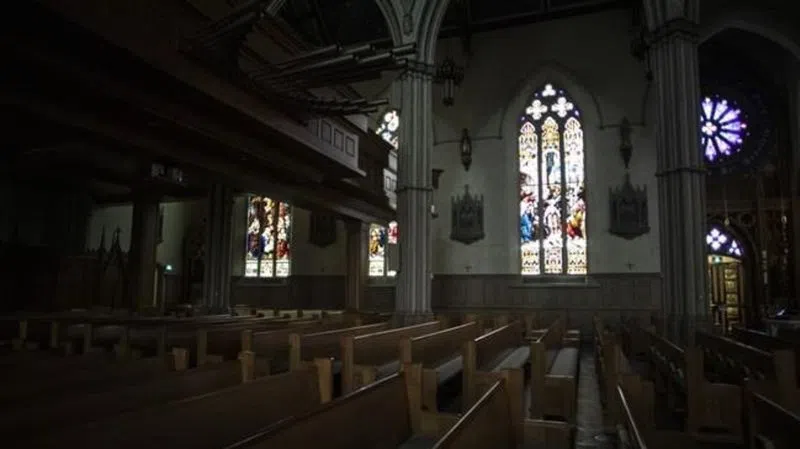
Wage subsidy program to help fund faith as congregations face COVID-19 crunch
OTTAWA — When the Archdiocese of Toronto cancelled services at its 225 parishes due to COVID-19, it faced a big financial hit, along with difficult layoffs and pay cuts for clergy.
Priests were told to identify one or two essential parish workers to keep on the payrolls at 90 per cent of their salaries. Others would be let go so they could qualify for federal benefits, but receive a church top-up to 75 per cent of their salary. Priests would take a 30 per cent cut to their own salaries.
The parishes, like many other houses of worship, have had donations dry up due to the pandemic, which means less funding to provide religious and community services that have seen spikes in demand.
A possible financial saviour arrives next week in the form of a federal wage subsidy program, which will help keep key staff paid through the pandemic, including priests, rabbis and imams.


